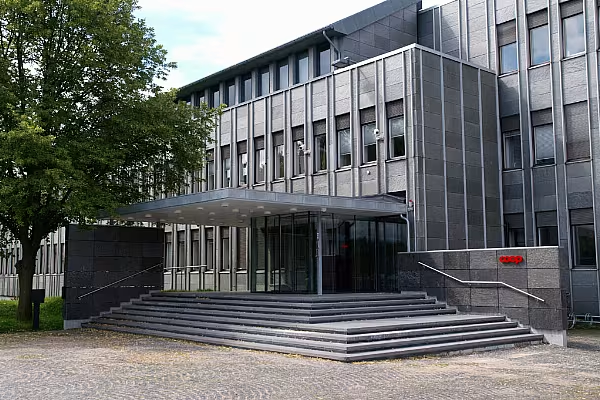Coop Denmark, which also owns the grocery chains Kvickly, SuperBrugsen, Dagli'Brugsen, fakta, and Irma, has reduced CO2 emissions by 32% since 2018.
The retailer attributed this achievement to its ambitious climate strategy and added that it aims to reduce its emissions by 75% by 2025.
Climate-Positive By 2030
Auditing firm EY has approved Coop's climate accounts, which show that the grocery group is on the right track in relation to the goal of becoming climate-positive by 2030 by harvesting more CO2 from the atmosphere than its emissions.
The last part of the goal is to be achieved by planting 1,000 hectares of trees in Denmark, the retailer added.
Coop Denmark's CEO Kræn Østergaard Nielsen, said, "It is a systematic and sustained work in many different areas that has led us to the result. And it still requires attention at all levels in the organisation if it is to succeed."
Coop Denmark Climate Actions
Since 2018, Coop Denmark has carried out a number of sweeping changes as part of its climate strategy.
The retailer massively invested in solar panels, heat pumps, and LED lights in more than 1,000 stores.
In the area of transportation, Coop began transporting fruit and vegetables by train instead of truck, and has built a fleet of 23 electric vans.
As the latest initiative in this area, Coop and the energy company OK have decided to set up 500 electricity charging stations at Coop's stores around Denmark.
The charging stations will make it easier for Danes to make the decision to switch to an electric car or hybrid car.
Elsewhere, Coop also reduced the use of HFC gases from refrigeration systems.
The retailer planted the first of ten Folkeskove, a forest in natural areas, near Holstebro.
© 2021 European Supermarket Magazine. Article by Conor Farrelly. For more Retail news, click here. Click subscribe to sign up to ESM: European Supermarket Magazine.










